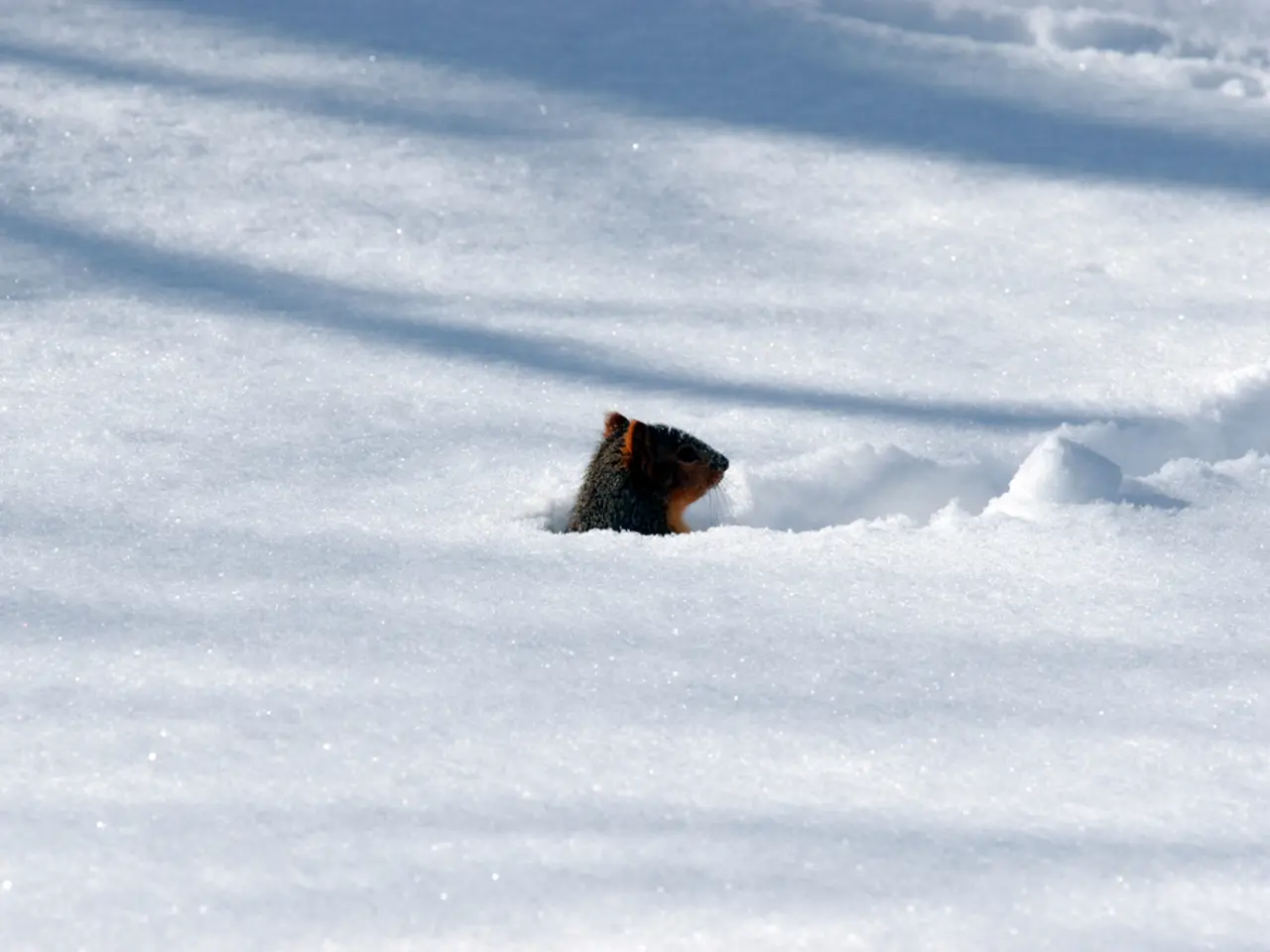Chronological Images of AMC Winter Hut Caretakers throughout the Years
The Appalachian Mountain Club (AMC) has a rich history of maintaining hiking huts in New Hampshire's White Mountain National Forest, including the Zealand Falls, Carter Notch, and Lonesome Lake huts. These backcountry shelters, part of a network along the Appalachian Trail and various other trails, offer essential support to hikers year-round.
While the precise history and evolution of AMC’s winter caretaker program specifically at these huts is not extensively documented, the broader context of AMC hut and trail stewardship provides valuable insight.
The AMC has traditionally relied on volunteers and seasonal caretakers to maintain trails and huts, ensuring safety, cleanliness, and preservation of the natural environment. During winter, these caretakers provide services such as trail maintenance, food preparation, guiding visitors, and enforcing Leave No Trace principles.
The winter caretaker program emerged as a way to keep these huts operational and accessible during the off-season, catering to winter hikers and skiers while preventing damage from harsh weather. Winter caretakers ensure facilities are safe, provide emergency support, and often serve as the only human presence in these remote mountain locations during winter months.
The huts at Zealand Falls, Carter Notch, and Lonesome Lake are strategically located along prominent hiking routes and have been part of AMC’s efforts to provide year-round access and support to hikers, expanding over time to include winter seasons.
Over the years, the program has adapted with changing priorities, including increasing use of sustainable practices to protect the forest environment and improvements in hut infrastructure to facilitate winter operations. For instance, Lonesome Lake Hut was modified for winter use, including the addition of a woodstove and woodshed, insulated windows and door, and a second roof.
Zealand Falls Hut began welcoming overnight guests through the winter in December 1972, making it the first hut to do so. Carter Notch Hut followed suit in December 1974, and Lonesome Lake Hut opened for winter overnight stays in 2002.
During the winter months, hikers can enjoy a warm evening by the woodstove in each hut, which are lit only in the evening for cooking, eating, and relaxing. However, bunks at Carter Notch and Lonesome Lake huts are indoors but unheated.
AMC employs six winter hut caretakers, who take turns to refresh, recharge, shower, and warm up between stints. The caretaker schedule allows for a pleasant contrast from their weeks in the huts, which can be quiet and full of manual labor.
In the 1970s, AMC huts offered shelter and beds to three-season hikers for decades. During this period, YOP participants learned new skills like navigating trail terrain on snowshoes. The huts were marketed as great snowshoe destinations and fun options for backcountry skiing.
The caretaker program has evolved to account for the emotional and mental toll of a winter of cold solitude. AMC has adapted the work schedule to provide caretakers with more comfort, aiming to improve the guests' experience.
For a detailed history of the winter caretaker program at these three huts, you would typically consult AMC archival materials or contact the AMC directly for records on their hut operations. Despite the absence of specific dates and detailed milestones in the current search results, the AMC's winter caretaker program at Zealand Falls, Carter Notch, and Lonesome Lake huts is an integral part of the organization's broader stewardship and conservation mission, evolving over decades to support safe and sustainable year-round use of huts in New Hampshire’s White Mountain National Forest.
Engaging in outdoor-living also extends to the winter season at the Appalachian Mountain Club (AMC) huts, as these facilities have been adapted for year-round use. During winter, sports enthusiasts can hike and ski while enjoying home-and-garden comforts such as warm meals by the woodstove, a reminiscent touch of lifestyle indoors.




